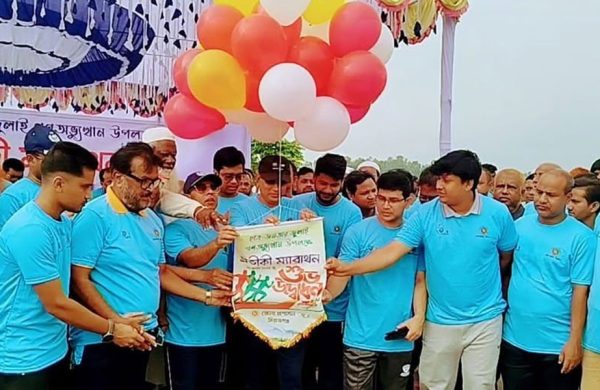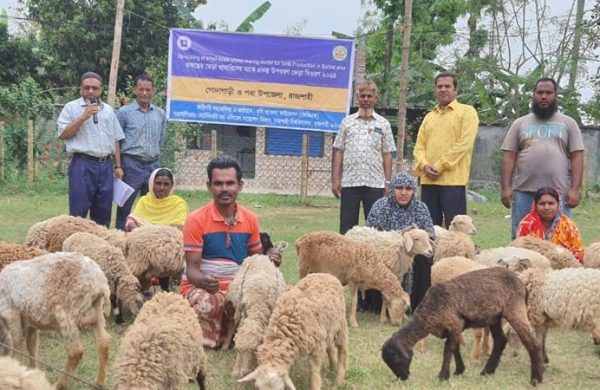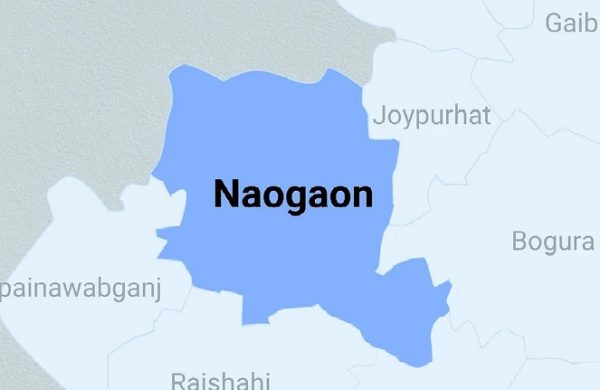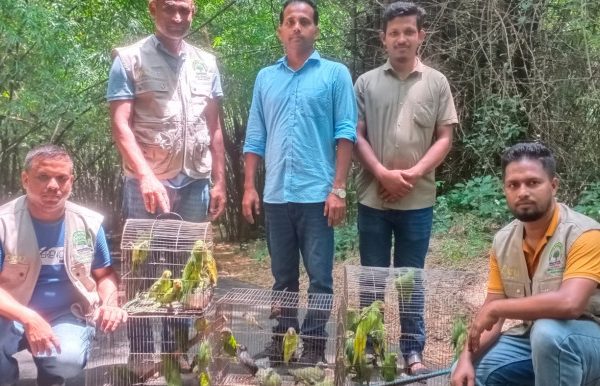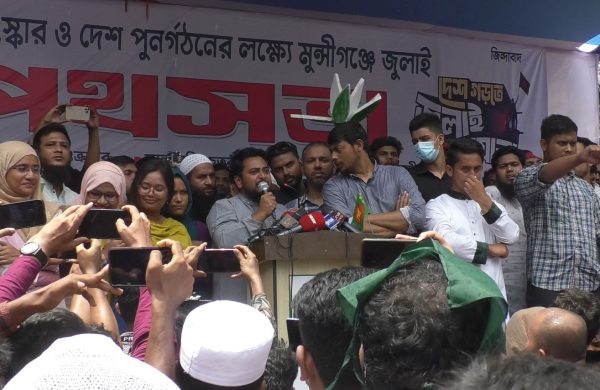Govt to use drones to boost crop yields
- Update Time : Friday, July 18, 2025
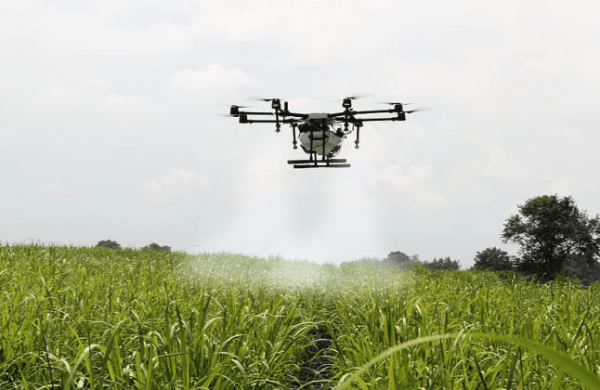
TDS Desk:
Bangladesh has launched a major technological intervention in its agriculture sector by introducing drone-based farming practices under the “Climate Smart Agriculture and Water Management Project (CSA-WMP)”. The move is part of a broader strategy to strengthen climate-resilient agriculture and ensure sustainable food production in the face of growing environmental and climate challenges.
Implemented by the Department of Agricultural Extension (DAE), the project aims to enhance crop intensity, improve irrigation efficiency, and expand access to high-quality seeds through the deployment of modern technologies – most notably drones, satellite-based monitoring, and digital agriculture services.
Launched on 1 January 2022, the CSA-WMP spans eight divisions, 17 districts, and 27 upazilas across Bangladesh. It is set to continue till 31 December 2026. The project’s total budget is Tk106.08 crore, with Tk21.28 crore financed by the Government of Bangladesh and the remainder—Tk84.80 crore—supported by the World Bank. The initiative received Executive Committee of the National Economic Council (ECNEC) approval on 25 January 2022.
According to an intensive monitoring report by the Implementation Monitoring and Evaluation Division (IMED), the project has achieved 68% physical progress and 47.33% financial progress as of March 2025. Nearly 30,000 farmers have directly benefited, with an additional 51,000 farmers exposed to the technologies through demonstration plots.
One of the most notable outcomes has been the increase in crop intensity—initially targeted at 2%, but observed to have exceeded 5% in many participating upazilas.
DRONE TECHNOLOGY TAKES OFF
Project Director Khandakar Mohammad Rashed Iftekher confirmed that four state-of-the-art agricultural drones have been imported with World Bank assistance. So far, 15 drone pilots have been trained through a 21-day programme. The drones will be used for field surveillance, fertiliser spraying, and reaching hard-to-access hilly regions, he added.
“Drone deployment allows us to oversee field conditions more efficiently and conduct agricultural interventions like fertilisation in areas that are otherwise logistically challenging,” said Iftekhar. “This is a milestone for future-ready farming.”
“Drone deployment allows us to oversee field conditions more efficiently and conduct agricultural interventions like fertilisation in areas that are otherwise logistically challenging,” said Iftekhar. “This is a milestone for future-ready farming.”
In addition to drones, CSA-WMP is introducing Alternate Wetting and Drying (AWD) irrigation systems, solar-powered irrigation pumps, vermicomposting units, rice transplanters, and salt- and drought-tolerant crop varieties. The project has already delivered 36 mini seedling polyhouses, completed over 14,000 climate-resilient technology demonstrations, and distributed 2,850 farm machines.
According to the project director, the initiative is not limited to machinery. “We are equipping farmers with technical training and digital tools so they can adapt to future agricultural challenges with confidence and competence.”
Agricultural experts see CSA-WMP as a promising model for sustainable development. Eminent agricultural economist Dr Jahangir Alam Bangladesh’s shift toward climate-smart agriculture is timely. Leveraging technology like drones and data-driven farming is no longer optional—it’s essential for long-term food security, he added. Alam said the adoption of drones marks a transformational shift in agricultural practice. “Drone technology can revolutionise precision farming by enabling targeted spraying, real-time crop monitoring, and rapid response to pest outbreaks,” he explained. “This not only saves time and cost for farmers but also minimises environmental impact through efficient resource use.”
He added, “Importantly, drone-based spraying significantly reduces farmers’ direct exposure to hazardous chemicals, thereby protecting their health. It also ensures uniform and accurate mixing of pesticides, improving overall effectiveness and reducing wastage. If scaled up effectively, drone use could be a game-changer for food security, climate adaptation, and farm safety in Bangladesh.” The knowledge and insights generated through the CSA-WMP, stakeholders believe, will be critical for framing Bangladesh’s future agricultural policies and achieving Vision 2041 targets, including sustainable food systems, farmer welfare, and environmental resilience.




